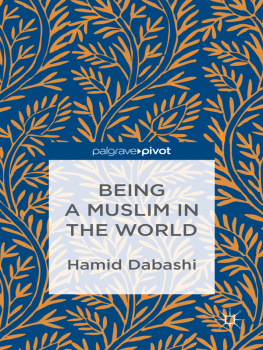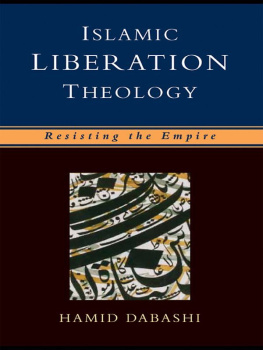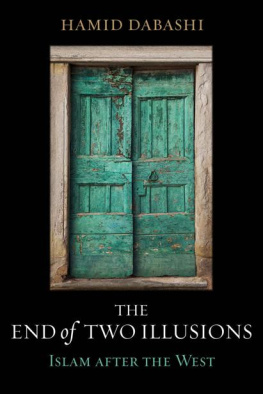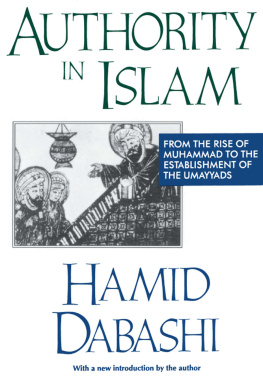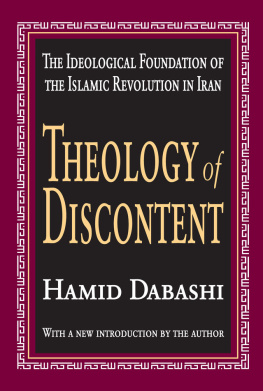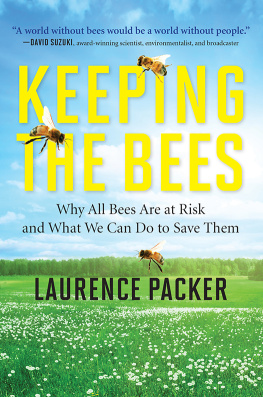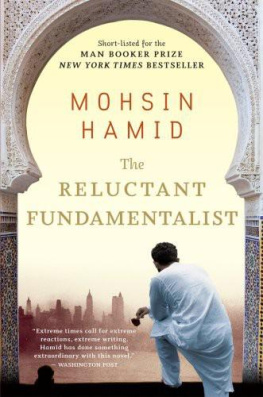Hamid Ismailov - Of Strangers and Bees
Here you can read online Hamid Ismailov - Of Strangers and Bees full text of the book (entire story) in english for free. Download pdf and epub, get meaning, cover and reviews about this ebook. year: 2019, publisher: Tilted Axis Press, genre: Detective and thriller. Description of the work, (preface) as well as reviews are available. Best literature library LitArk.com created for fans of good reading and offers a wide selection of genres:
Romance novel
Science fiction
Adventure
Detective
Science
History
Home and family
Prose
Art
Politics
Computer
Non-fiction
Religion
Business
Children
Humor
Choose a favorite category and find really read worthwhile books. Enjoy immersion in the world of imagination, feel the emotions of the characters or learn something new for yourself, make an fascinating discovery.

- Book:Of Strangers and Bees
- Author:
- Publisher:Tilted Axis Press
- Genre:
- Year:2019
- Rating:3 / 5
- Favourites:Add to favourites
- Your mark:
- 60
- 1
- 2
- 3
- 4
- 5
Of Strangers and Bees: summary, description and annotation
We offer to read an annotation, description, summary or preface (depends on what the author of the book "Of Strangers and Bees" wrote himself). If you haven't found the necessary information about the book — write in the comments, we will try to find it.
Of Strangers and Bees — read online for free the complete book (whole text) full work
Below is the text of the book, divided by pages. System saving the place of the last page read, allows you to conveniently read the book "Of Strangers and Bees" online for free, without having to search again every time where you left off. Put a bookmark, and you can go to the page where you finished reading at any time.
Font size:
Interval:
Bookmark:
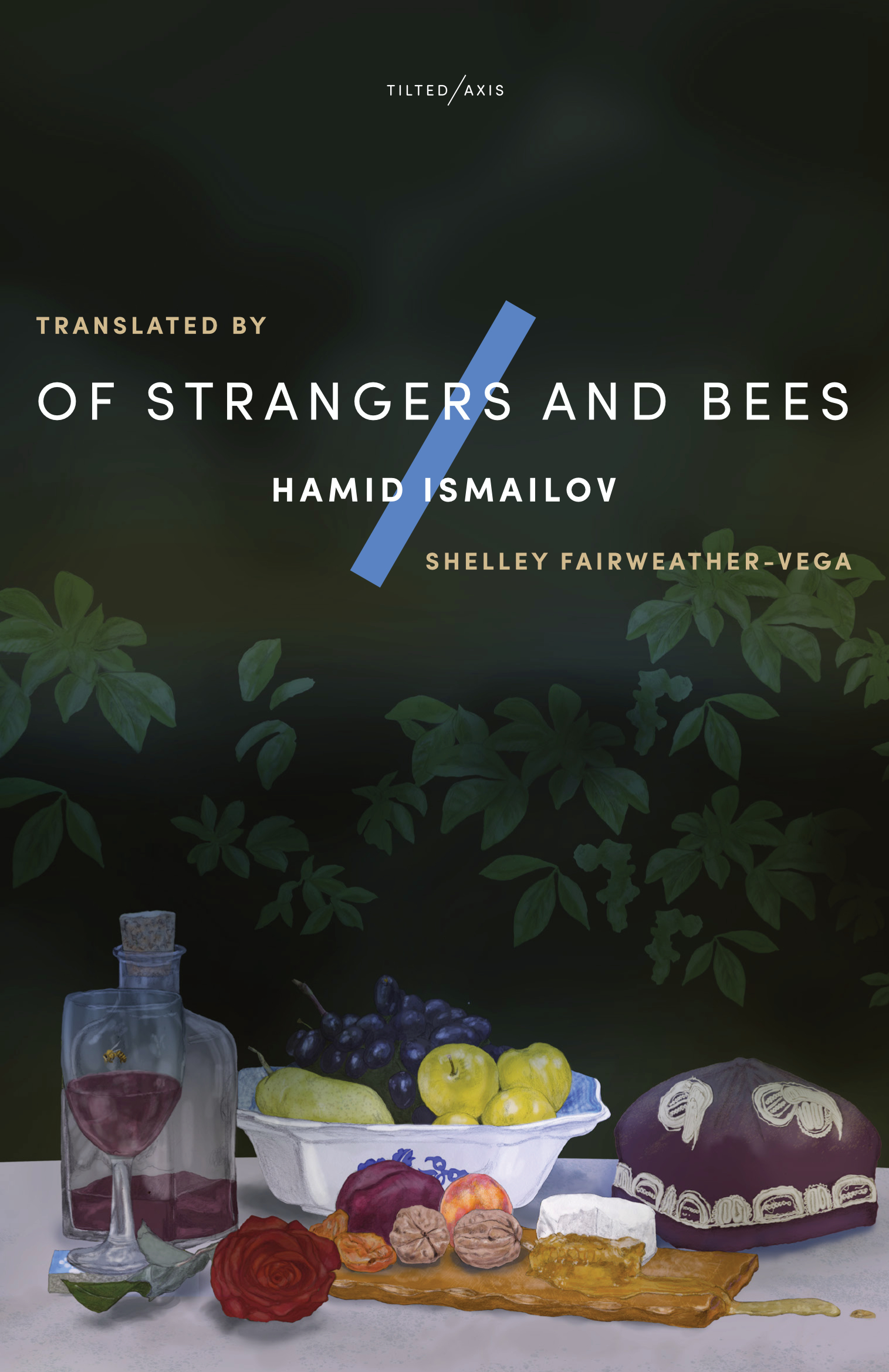
Winner of the EBRD Literature Prize 2019
[Ismailov is] a writer of immense poetic power.
Guardian
Ismailov shows that even under extreme duress, a writers mind will still swim with ideas and inspiration Rebellious, ironic, witty and lyrical A work that both honours and renews that rich tradition [of Central Asian literature]. For all its complexity, The Devils Dance is utterly readable.
Caroline Eden, Financial Times
Captivating A rare example of Uzbek literature translated into the English language in this case admirably so by Donald Rayfield.
Natasha Randall, Times Literary Supplement
With its spies, police, princes, poets and great plot, [The Devils Dance] is an Uzbek Game of Thrones. The storytelling style captures perfectly the prose and poetry of Central Asia while being incredibly readable in English. Rosie Goldsmith, chair of judges, EBRD Prize
Might Hamid Ismailovs The Devils Dance open Central Asian literature to the world as Gabriel Garca Mrquezs novels did for Latin America? Probably not things rarely work out like that but perhaps it deserves to.
Peter Gordon, Asian Review of Books
An intricate mixture of fact and fiction Defiant
Jane Shilling, New Statesman
Brilliantly translated by Donald Rayfield A rich and enthralling book Tatler.com
Effective and moving [Ismailov completes] his impressive portrait of the artist and his culture and his dreadful times Complete Review
A beguiling tale of khans, commissars, spies and poet-queens feature in a rare English translation of modern Uzbek fiction. Economist
Throughout these parallel stories, Ismailov finds moments of utter horror and of quiet relief.
Words Without Borders
A beautiful evocation of different Central Asian historical worlds The Devils Dance is a powerful symbol of hope in Uzbekistan. Calvert Journal
My book of the year. Caroline Eden
A mesmerising and terrifying novel of tremendous range, energy and potency. This brilliant translation establishes Ismailov as a major literary figure on the international scene. William Boyd
A great and timeless caravanserai. Barry Langridge, Former Head of Asia Region, BBC World Service


The novel you hold in your hands is not the first to boast the name Hayy ibn Yaqzan. Our present tale spans centuries and half the globe, but it is mostly the quite modern story of a writer in exile in the tumultuous waning days of the twentieth century. The very first Hayy ibn Yaqzan, on the other hand, was the eponymous protagonist of an eleventh-century allegory by the Persian philosopher Avicenna. Or shall we call him the Uzbek philosopher Abu Ali ibn Sino? However we think of him, this great thinker tended to write sweeping tracts covering all available knowledge on a topic: The Canon of Medicine; The Book of Impartial Judgment; essays on the nature of scientific inquiry, physics, psychology and Islamic theology; poetry, even. But one of his more neglected legacies is a short story called Hayy ibn Yaqzan, a name which translates to something like Alive, son of Awake. Ibn Sinos Hayy features a wise old sage telling a curious travelling narrator about the nature of life and the world around him. Major sections of Of Strangers and Bees this current Hayy ibn Yaqzan open with quotations from the original, as translated from Persian to French, then to English, and later revised by me with an eye to the Arabic-to-Russian translation by Artur Vladimirovich Sagadeyev.
The next writer to seize on the name and the title was the Moorish philosopher Ibn Tufail, in the twelfth century. This newer, longer, Arabic-language Hayy ibn Yaqzan posed a thought experiment: what would happen to a man raised by a deer on an island uninhabited by people? Ibn Tufails subject teaches himself science and logic. Later, when he encounters a castaway from the civilised world, he has the opportunity to compare his own pure way of life with the experience of most human beings as they interact with society and material things. The European Renaissance discovered Ibn Tufails tale and produced a Latin translation called Philosophus Autodidactus, published in 1671. This seems to have influenced a whole swath of Enlightenment thinkers who conjured up political philosophies based on their ruminations of mankind in a state of nature.
A Moorish physician named Ibn Tufail makes a passing appearance in Of Strangers and Bees, too (though there is a decent chance that this particular Ibn Tufail may simply be a double). More prominently featured is Avicenna, Ibn Sino himself, who, you are going to have to believe, did not in fact die in the eleventh century, but has instead been condemned to roam the world. The hero of this story whose friends call him The Sheikh is also consigned to wander as a writer in political exile from his native Uzbekistan. His search for Avicenna, combined with his attempts to earn a living and a little respect in the wider world, sends him on a quest through Western Europe and the United States. Everywhere he goes, he finds traces of Avicenna, and with them, traces of his own ambiguous cultural and religious heritage.
Hamid Ismailovs imaginative iteration of Hayy ibn Yaqzan tackles big, important ideas of man and society, art and philosophy, but it is a deeply personal novel, too. Its impossible to forget that this story of an Uzbek writer in exile was in fact written by an Uzbek writer in exile, one who has had to reconcile a Sufi upbringing with a post-Soviet political reality in a multicultural and materialistic Western world. The episodes in this novel that examine late twentieth-century life in exile are plainly written, full of small triumphs and humiliations, and remarkable for their strange mixture of absurdity and banality. Then there are the episodes in between, where the thinking, the magic, the passion in this novel are sunk into its fables and parables and brand new tales from the Arabian Nights. Here you will find talking animals, beautiful princesses, conniving kings, and, of course, a mysterious wandering Stranger.
And then there are the bees. Ismailov has an apparent affinity for the hive insects, and in this book, they take centre stage. Do the bees represent the swarming Soviet (or post-Soviet) masses? Are they humanity, working according to patterns and towards goals of which they have only a dim awareness? If were all bees in a hive, then who is in charge? On the other hand, the bees in this novel are part of a larger cultural and religious tradition. Avicenna (and Aristotle) wrote extensively on bees, with the Uzbek philosopher especially interested in the nature of bee venom and the healing properties of honey. The Quran has a whole chapter called The Bee. They must have something to teach us. But you will have to discover what that might be for yourselves.
Like Persian literature, alongside which it is often nonchalantly classified, Uzbek literature was once essentially Sufi in nature. Sufism was mostly born in the Persian and Turkic world, and expressed and transmitted from there in literary form. Ismailov tells me that Sufism was in fact a way of adapting Arabic-born Islam for the Persian and Turkic world. Great Sufi teachers such as Jalaluddin Rumi (Persian) and Ahmad Yasawi (Turkic) retold the Holy Quran and Islamic religious thought in a literary, poetic form in their own languages. Theres a famous saying about the
Font size:
Interval:
Bookmark:
Similar books «Of Strangers and Bees»
Look at similar books to Of Strangers and Bees. We have selected literature similar in name and meaning in the hope of providing readers with more options to find new, interesting, not yet read works.
Discussion, reviews of the book Of Strangers and Bees and just readers' own opinions. Leave your comments, write what you think about the work, its meaning or the main characters. Specify what exactly you liked and what you didn't like, and why you think so.



